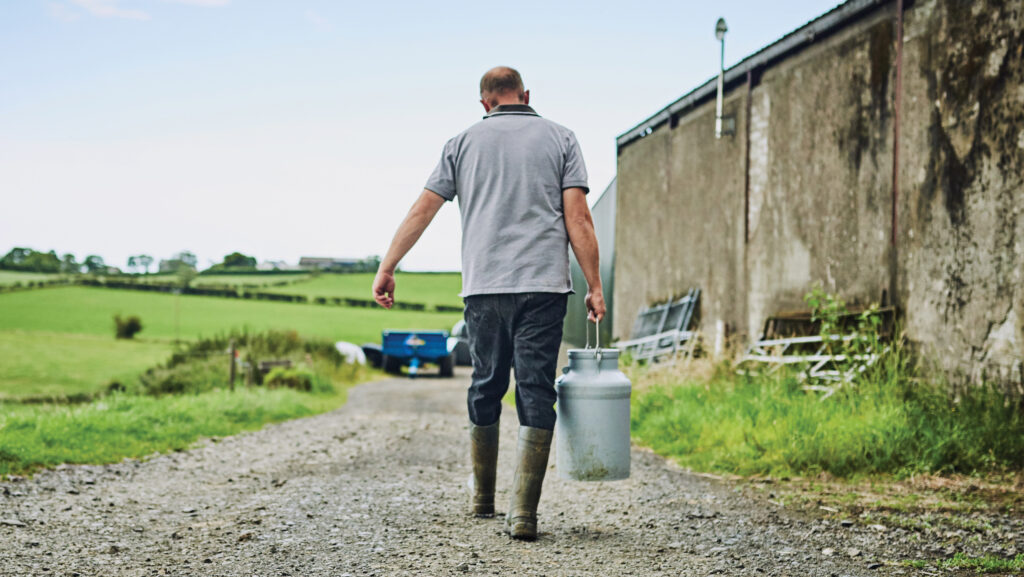Poor mental health key factor in UK dairy farmer exodus

Major reasons why dairy farmers in the UK are leaving the industry include declining control, autonomy, and self-efficacy, according to a new study published in the Journal of Rural Studies.
The research, titled Why dairy farmers leave the industry, was conducted by dairy farmer George Holmes as part of his MBA at Bournemouth University.
It comes amid a 56% decline in the number of dairy farms in the UK over the past 20 years, alongside reductions in the dairy workforce and cow numbers.
See also: Dairy farmers dump milk amid Muller factory chaos
Using a mixed-methods approach, the study involved a questionnaire completed by 335 participants and in-depth interviews with 21 current and former dairy farmers.
The findings identified a complex mixture of contributing factors, including profitability, regulation, milk pricing, labour shortages, animal welfare concerns, anti-dairy sentiment, succession issues, climate change, and family pressures.
Mr Holmes told Southwest Farmer: “As a dairy farmer, I had a sense that poor mental wellbeing was having a wider impact on the industry, but we lacked a comprehensive understanding of what factors drive dairy farmers’ decisions and how those factors interplay.”
He explained that by asking specific questions about mental and physical wellbeing, the study was able to highlight how these aspects contribute to farmers’ decisions to leave the sector.
“It soon became clear that to preserve milk flows and food security, we need to consider mental wellbeing (and the causes of poor mental wellbeing) alongside profitability, reinvestment and labour supply,” Mr Holmes added.
The study offers a new model that maps how key issues interact, emphasising the central roles of personal control, autonomy, and self-efficacy in shaping farmers’ intentions to exit the sector.
It also reflects wider European trends, making its findings applicable across a range of geographical and operational farming contexts.
Mr Holmes is now calling on the dairy supply chain to evaluate where improvements can be made to better support farmers and help secure the future of the industry.
